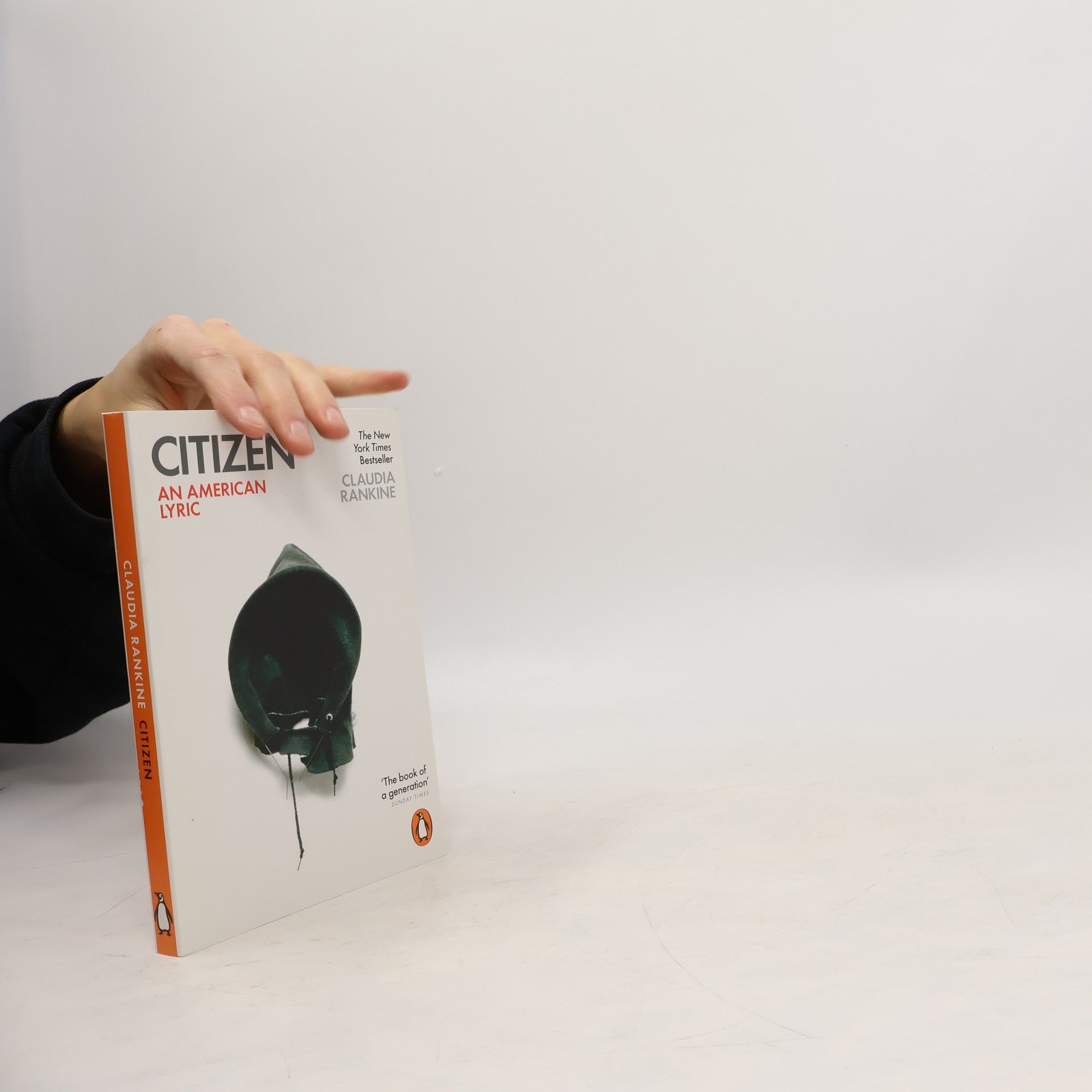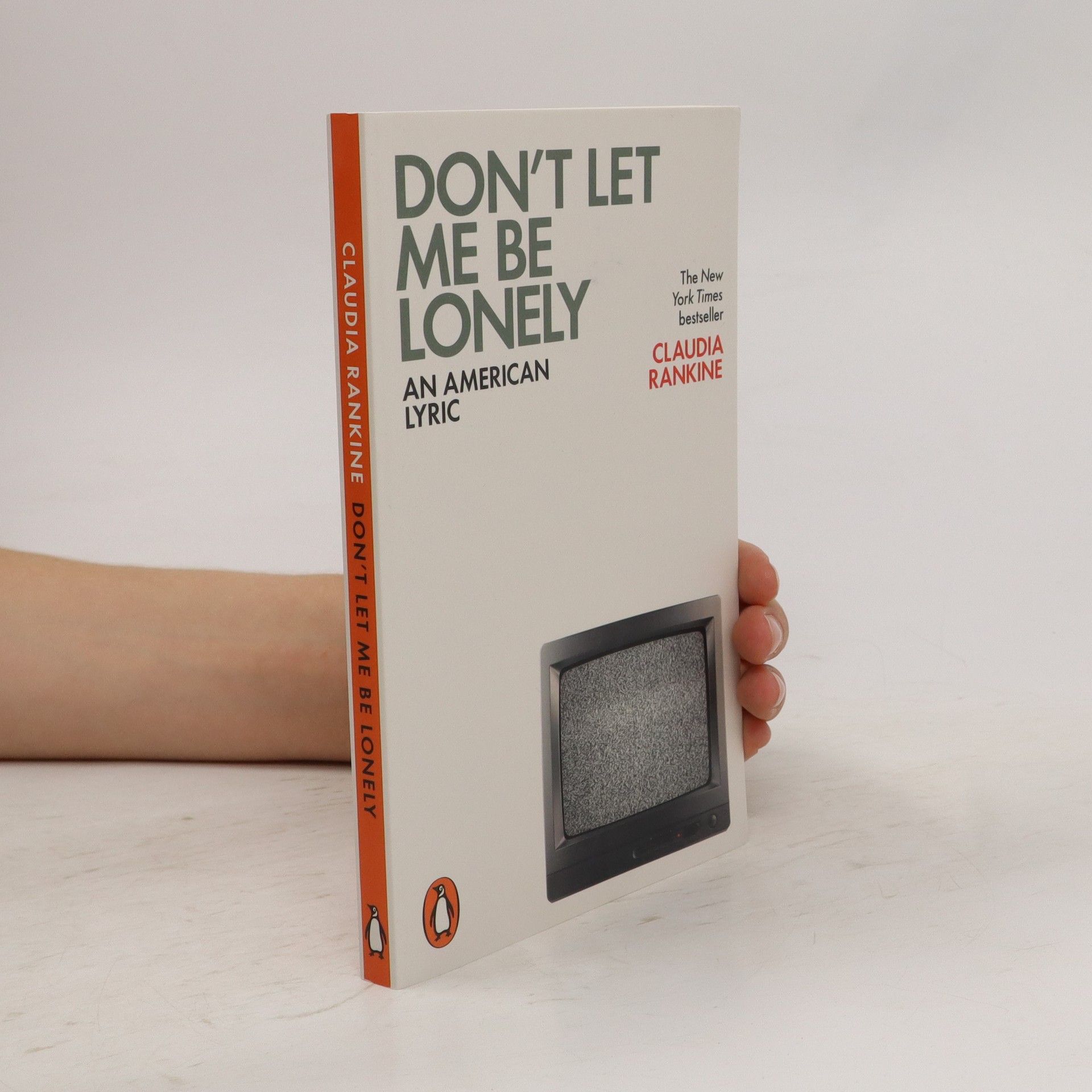Just Us
- 360 pages
- 13 hours of reading
Now in paperback, Claudia Rankine's 'skyscraper in the literature on racism' (Christian Science Monitor) At the theatre, around the dinner table, in the airport and in the voting booth, what fractures lie beneath the veneer of contemporary civility and rhetorical claims to unity? What happens if we actually acknowledge them? And when we do, how can we strive to stay in the room with one other? In a series of real-life conversations with both friends and strangers, Claudia Rankine set out to explore these questions, taking the study of whiteness and white supremacy - and a willingness to be surprised - as her guiding light. Just Us is the record of those encounters. Brilliantly arranging essays, images and poems along with the voices and rebuttals of others, it counterpoints Rankine's own text with facing-page notes and commentary, and along the way considers a typically enlightening and unexpected range of issues, from priority boarding queues to the political and cultural implications of women dyeing their hair blonde. Wry, vulnerable and prescient, this is Rankine's most intimate work, less interested in being right - and in always feeling comfortable - than in being true and being together.


